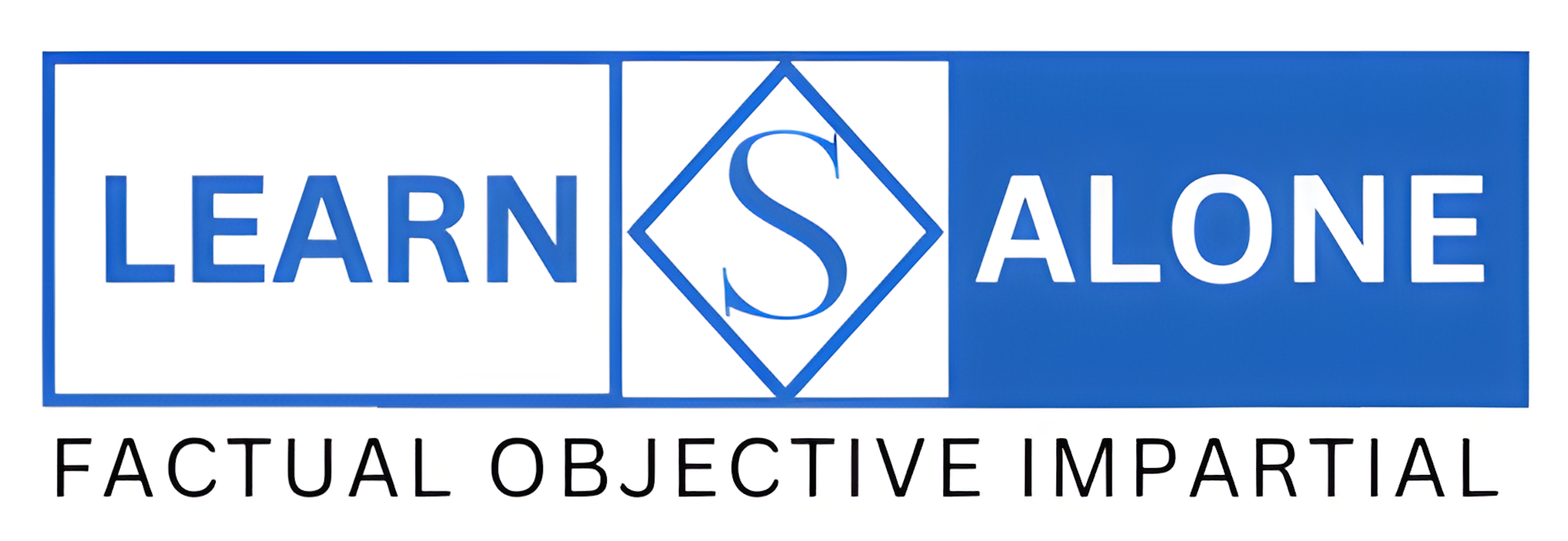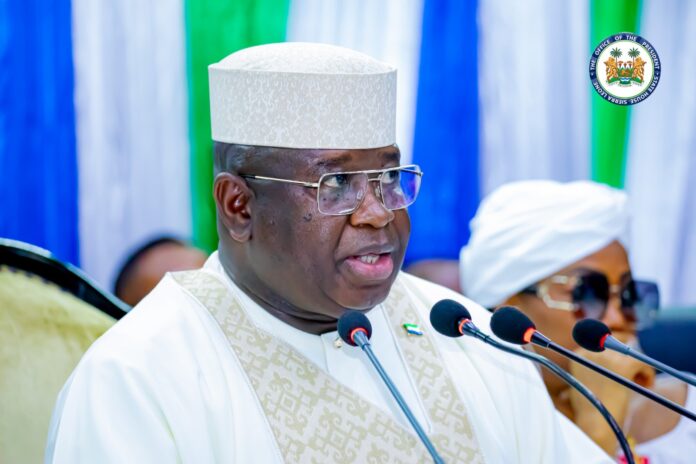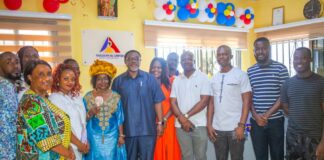By Edward Dictionary Caulker
In his address at the State Opening of the Third Session of the Sixth Parliament of the Second Republic of Sierra Leone, President Julius Maada Bio laid out a sweeping vision one filled with achievements, promises, and projections designed to showcase his government’s progress and future direction.
With characteristic poise and patriotic fervor, he painted a picture of a nation moving towards self-reliance, digital transformation, and social empowerment. Yet, the central question remains: how much of this rhetoric aligns with the daily reality of ordinary Sierra Leoneans?
Agriculture: Pledges, Potential, and Persistent Gaps
President Bio announced over $800 million in pledged agricultural investments, with $205 million already committed to livestock, cassava cultivation, and rural infrastructure. Agriculture the backbone of our economy has long been crippled by underinvestment, poor logistics, and out-dated techniques. If these pledges translate into real action, they could mark a turning point.
The biometric registration of 300,000 farmers and the introduction of digital soil mapping signal a push toward modernization, transparency, and targeted crop production. But history teaches caution past policies often stumbled at the implementation stage. Many farmers still struggle to access quality seeds, fertilizers, and mechanized tools.
Perhaps the most striking claim was that the World Food Programme now sources 30% of its rice from Sierra Leonean farmers. The President cited an 8% rise in local rice production, a 13% cut in imports, and $15 million saved in foreign exchange even claiming rice prices have dropped by over 20%.
If independently verified, this would be a milestone in reducing import dependence. Yet, in urban markets, imported rice still dominates, and prices remain volatile. For many families, the relief is far from tangible.
Education: Building Beyond Bricks
The President claimed that 1,500 new classrooms have been built and school sanitation upgraded; a clear nod to the Free Quality Education initiative. He also announced a leap forward in digital inclusion: partnerships with ELCOME and Starlink have expanded internet access to nine universities across 23 campuses, reaching over 10,000 students in just 90 days.
This is welcome news in a country where poor connectivity has long hindered learning. But infrastructure alone is not enough teachers training, local content creation, and inclusive policies for rural learners must follow if digital learning is to be transformative.
Healthcare: More Hands, Ongoing Strain
President Bio cited a 15% increase in health worker recruitment, bringing the total to over 14,000, alongside doubled medical school enrolment and the local training of 40 specialist doctors. These address chronic understaffing, yet citizens still report overcrowded hospitals, drug shortages, and uneven service quality between urban and rural areas. Without parallel investments in infrastructure, diagnostics, and accessible health insurance, the human resource boost risks being undermined.
Social Programmes: Fighting the Kush Epidemic
The rehabilitation centres in Hastings and Bo, which have helped over 400 drug users, and tailoring programmes training 200 people in Freetown and Makeni, show a commitment to tackling the kush epidemic. Still, long-term solutions require community-based support systems, mental health services, and meaningful job creation to prevent relapse.
Food Security and Import Substitution
The President highlighted a 21% drop in egg imports, cheaper domestic onions, and the first-ever export of vegetable oil signs of progress in local production. For rural farmers, this offers hope. But without reliable access to inputs, cold storage, financing, and processing facilities, these gains could easily be reversed. Food inflation remains a heavy burden in most households.
Infrastructure: Roads as Economic Lifelines
He announced the construction of 420 kilometres of feeder roads and newbridges to connect farmers to markets. Poor rural roads have long been a hidden tax on productivity, causing post-harvest losses and driving up food prices. If completed to quality standards, these roads could be transformative. But Sierra Leoneans have seen too many projects start and stall completion and maintenance will be the true test.
Energy & Fuel Policy: Gains with Risks
President Bio reported a 56% increase in petroleum imports in 2024 and an 86% expansion in storage capacity to 250,000 metric tons. He also claimed that with World Bank support, fuel pricing has been made more transparent and market-responsive.
While increased storage offers a buffer against supply shocks, high pump prices still squeeze transport, food costs, and livelihoods. Greater reliance on imported fuel keeps the economy vulnerable to global oil market swings, making diversification into renewable energy crucial.
Rhetoric vs. Reality
Taken together, the President’s declarations suggest a government seeking to shift from dependency to production, from consumption to self-reliance. The vision is bold, even inspiring. But for most Sierra Leoneans, leadership is measured not in speeches but in the price of rice, the quality of roads, the cost of fuel, and the reality of job opportunities.
For a civil servant in Bo, salary increases and school fee waivers may be a relief. A trader in Kabala may still feel the pain of high transport costs. A student in Karene might enjoy faster internet, while a patient in Bombali waits endlessly for a nurse.
The President ended with a rallying call:
“We cannot truly prosper as a nation if we continue to rely on ships from foreign lands to bring us our daily bread. True independence means feeding ourselves and growing from our own soil.”
The symbolism resonates. But as every Sierra Leonean knows, proof is worth more than poetry.
Finally, President Bio’s speech was a master class in optimism, sprinkled with measurable gains and ambitious targets. Yet, the lived experience across Sierra Leone reveals a more complex truth one of incremental progress shadowed by persistent challenges.
Mr. President, we heard what you said. Now the people are watching what you do.



